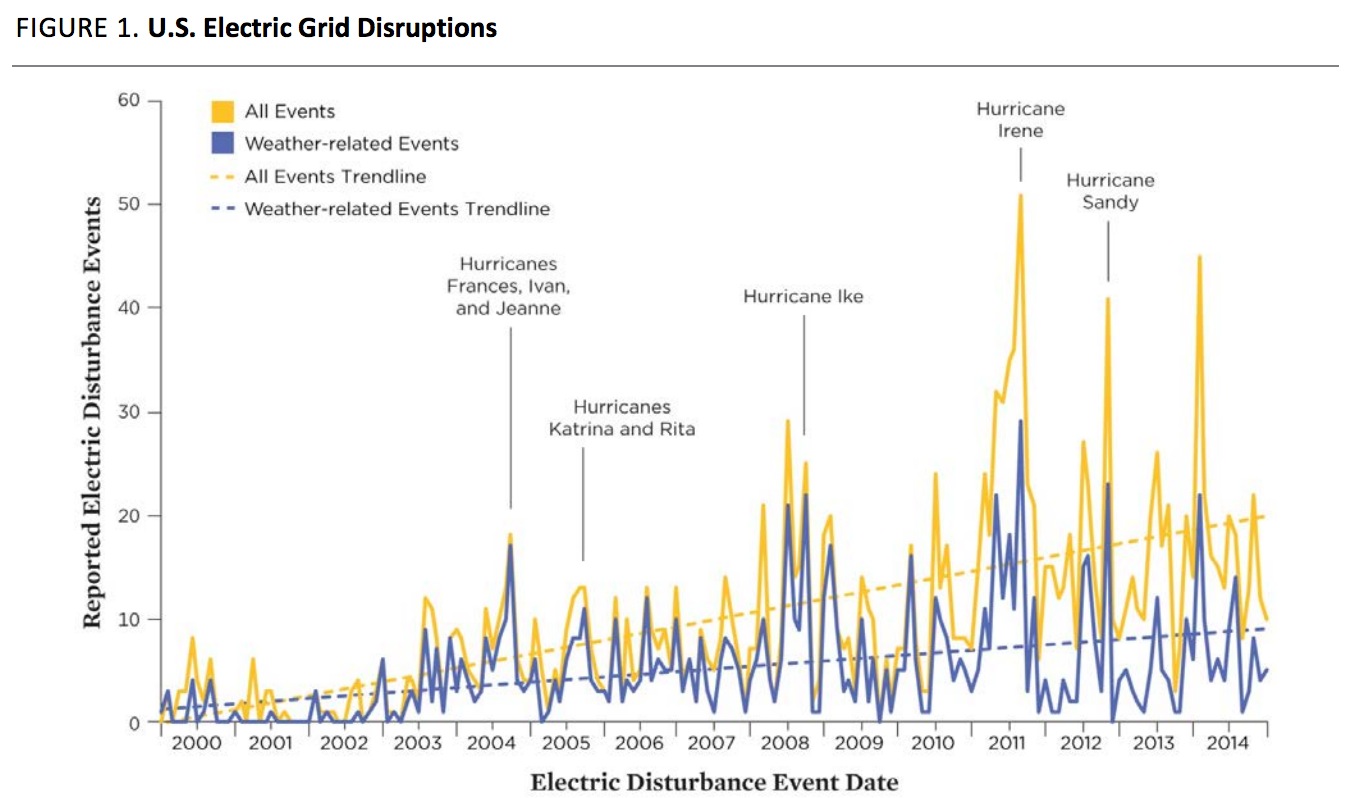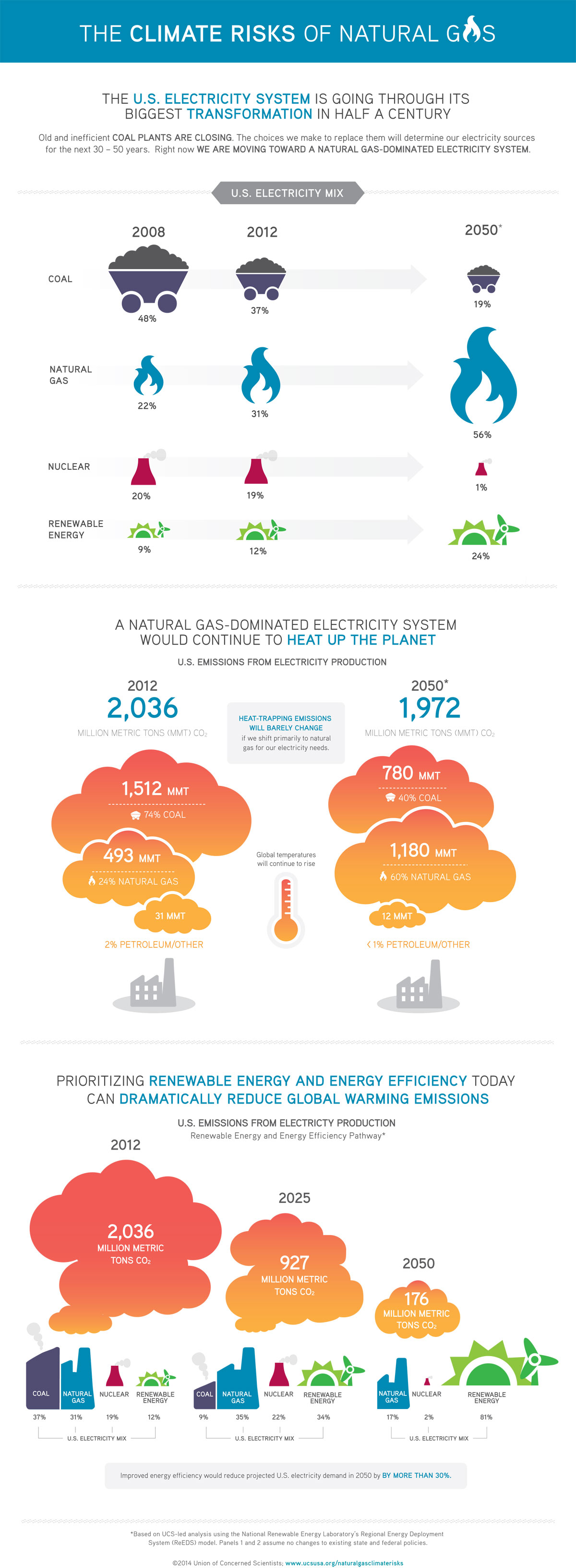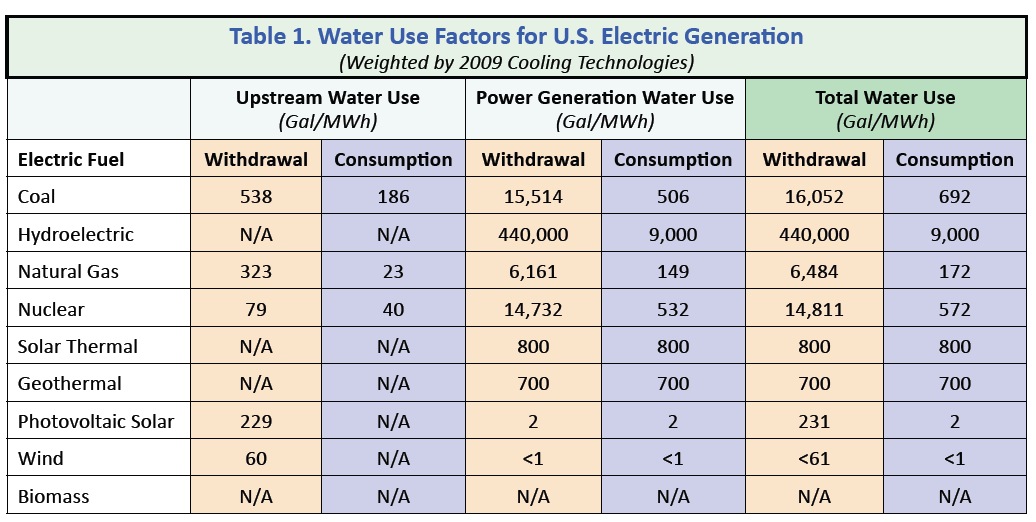UNION OF CONCERNED SCIENTISTS
“Recognizing the urgency of global warming, policy makers are beginning to pursue solutions to help us avoid the worst effects of climate change, while transitioning the nation to a clean energy economy. However, the debate over comprehensive climate and energy policy often focuses on the costs of climate action, rather than on the serious economic and environmental consequences if we fail to act. One study shows that if global warming emissions continue to grow unabated—a high-emissions scenario—the annual economic impact of more severe hurricanes, residential real-estate losses to sea-level rise, and growing water and energy costs could reach 1.4 percent of GDP by 2025, and 1.9 percent by 2100 (Ackerman and Stanton 2008).”
View this complete post...
Tags: Global Warming, Interactive, UCS, Union of Concerned Scientists
Posted in
Clean Air, Climate Change, Competitiveness, Energy, Environment, Green, Hazardous Waste, Infra Views, National, Pollution, Smart Growth, Sustainability, Transit
Comments Off on Climate Change in the United States: The Prohibitive Costs of Inaction

















 RSS Feed
RSS Feed